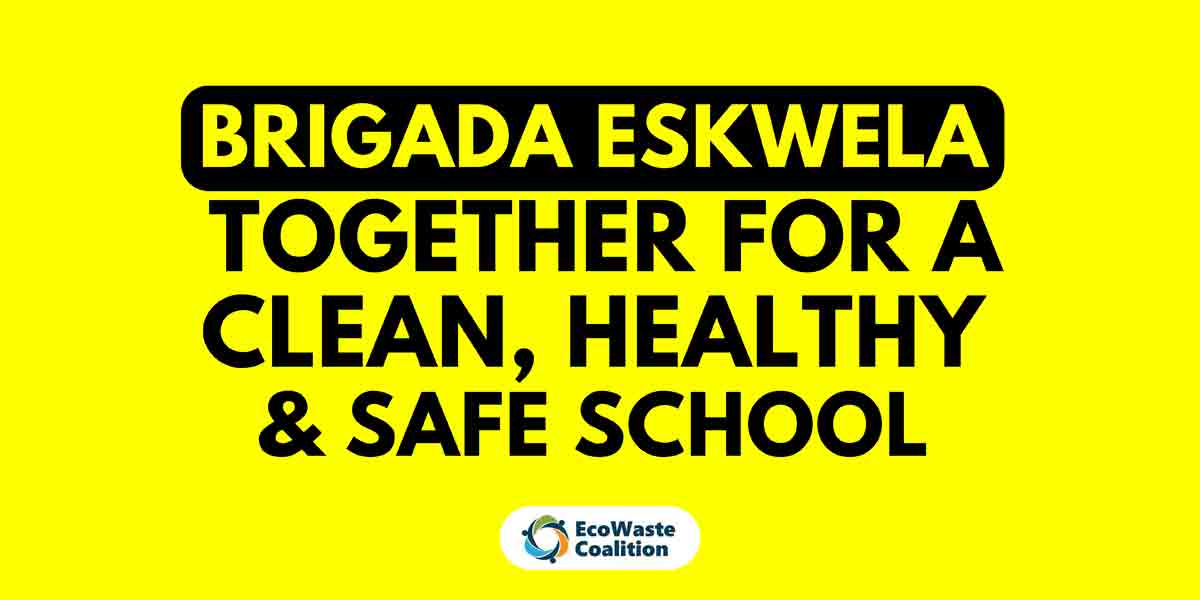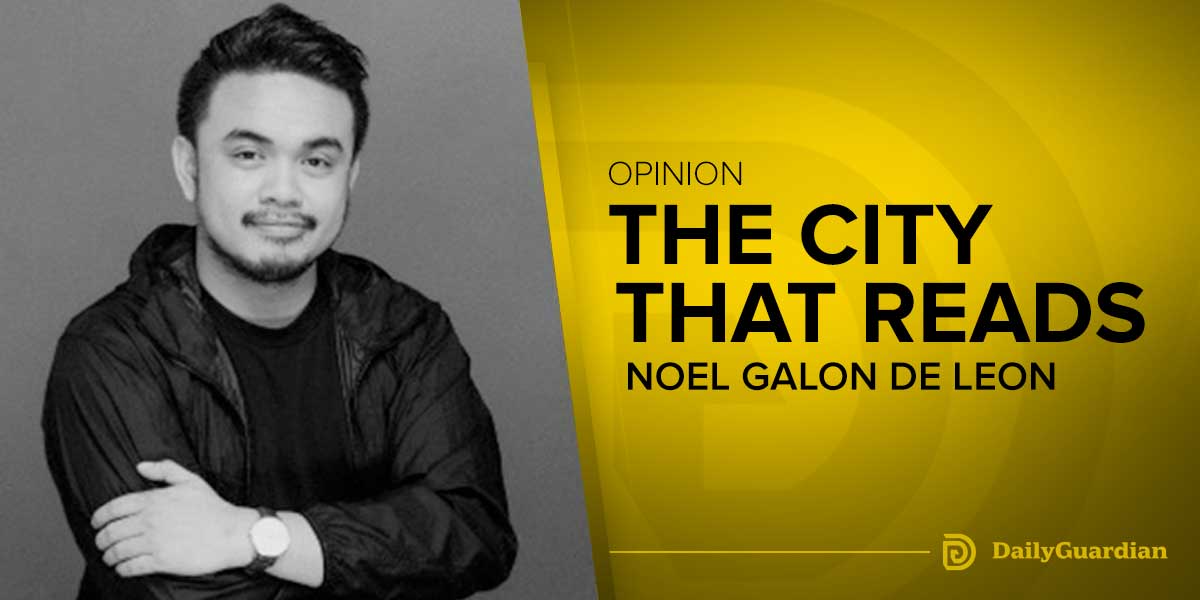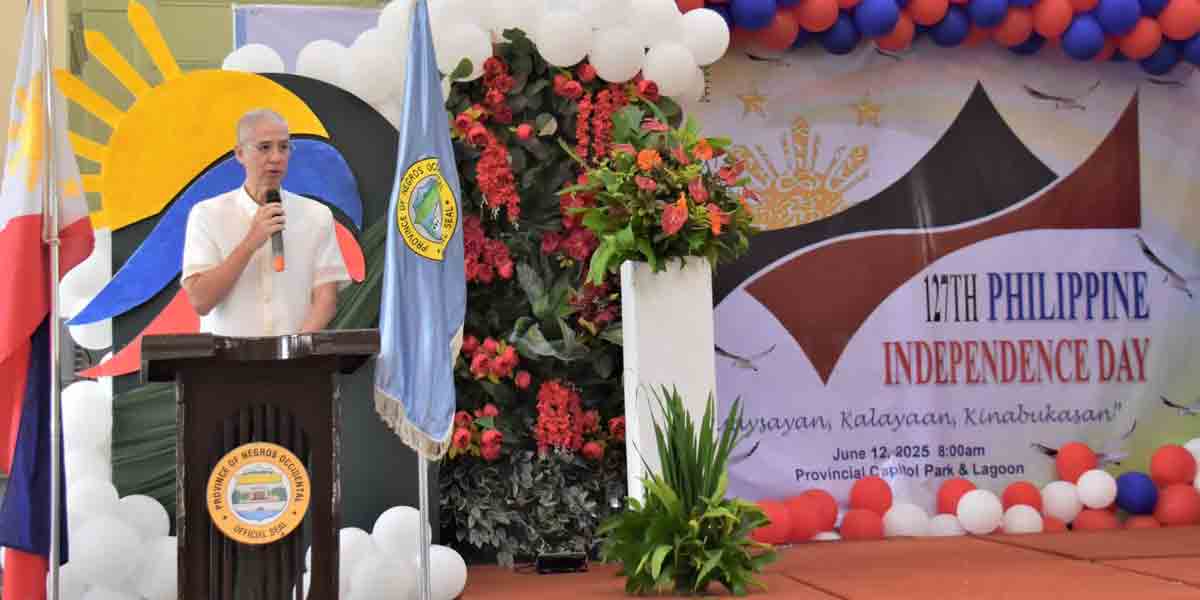By Herman M. Lagon
Not long ago, I had the chance to teach a PhD class on Technology Integration in Formal Education. Most of my students were librarians. What started as a deep-dive into tech tools quickly turned into something more profound: a shared realization that libraries are far from outdated. They’re not dying—they’re transforming. And if we let them, they can lead the way in promoting access, equity, and community in a world that’s constantly evolving.
That old image of libraries as hushed temples of dusty books and stern silence? It no longer fits. Today’s libraries are being called to do more—and be more. Picture a public library that doesn’t just lend books but offers free Wi-Fi, coworking spaces, coding lessons, and job application workshops. These places aren’t just about information—they’re about opportunity.
What makes libraries extraordinary is that they welcome everyone. No dress code, no entrance fee. Just walk in. Whether you’re a student drowning in thesis deadlines or a vendor’s child looking for a quiet spot to read, you belong. According to a 2022 National Library of the Philippines study, over 70% of users see libraries as vital to their learning and personal growth. That speaks volumes—especially in a country where inequality still shapes who gets ahead and who gets left behind.
In our class, we talked about how libraries aren’t just keeping up with technology—they’re using it to push for justice. Look at Pasig City’s public library: they run workshops on gender sensitivity, mental health, data analytics, even AI. Imagine if more libraries did that—preserving stories from fisherfolk and farmers, showcasing local history, and giving voice to those often left out. That’s not just access. That’s empowerment.
Some still argue that Google has made libraries irrelevant. But that ignores a huge truth: not everyone has the same access to technology. In many far-flung barangays, stable internet is still a luxury. That’s where libraries become lifelines. They offer free computer use, online learning, even e-book tablets. In Masbate, for instance, a mobile library brings digital content to kids in remote areas. Libraries don’t just bridge digital gaps—they build roads for those who’ve been walking alone.
Around the world, libraries are becoming hubs of creativity. In Birmingham, UK, the local library now houses 3D printers, public studios, and performance spaces. We can do that here, too. Imagine the National Library leading a project to digitize our entire archive of newspapers, journals, and books—accessible from Batanes to Basilan. That kind of bold move would turn libraries into national knowledge networks.
But we can’t get there without resources—and vision. Too often, libraries are left to stretch small budgets while local governments fund basketball courts, fix already-fixed roads, or hand out cash aids. It’s not about choosing one over the other. But let’s be honest: we need to start seeing libraries as long-term investments in education, resilience, and social progress.
Libraries, for their part, can step up, too. Why not show off their modern spaces and programs on TikTok? A video of a library’s gaming lounge, career corner, or kids’ coding class could bring in curious teens and families. Visibility matters—especially to younger generations who live online.
Let’s also not forget the library’s role in democracy. A library that helps people fact-check, access public records, or understand government budgets isn’t just promoting literacy—it’s nurturing civic action. An Iloilo library that hosts forums on legal aid or voter education isn’t just serving readers. It’s building citizens.
At the core of it all, libraries are about people. They’re where a tricycle driver can read the news, a single mom can learn new skills, and a struggling student can find hope in a book or a mentor. One of my students shared how their small library turned into a community hub—young kids doing homework, seniors sharing stories, out-of-school youth exploring new paths. That’s the power of a truly open space.
The challenge now isn’t just to preserve libraries. It’s to reimagine them. That means reaching out—partnering with tech firms, NGOs, schools, artists, and anyone willing to build something meaningful. Libraries that embrace change will not only survive—they’ll thrive.
Because at the heart of it, the argument for libraries isn’t just logical. It’s emotional. A good library says, “You belong here.” It whispers possibility. In a world full of walls, it opens doors. And that’s why we need to keep them alive—not just as buildings, but as beacons of hope, connection, and shared dreams.
For this generation. And for the next.
***
Doc H fondly describes himself as a “student of and for life” who, like many others, aspires to a life-giving and why-driven world grounded in social justice and the pursuit of happiness. His views do not necessarily reflect those of the institutions he is employed or connected with.






















